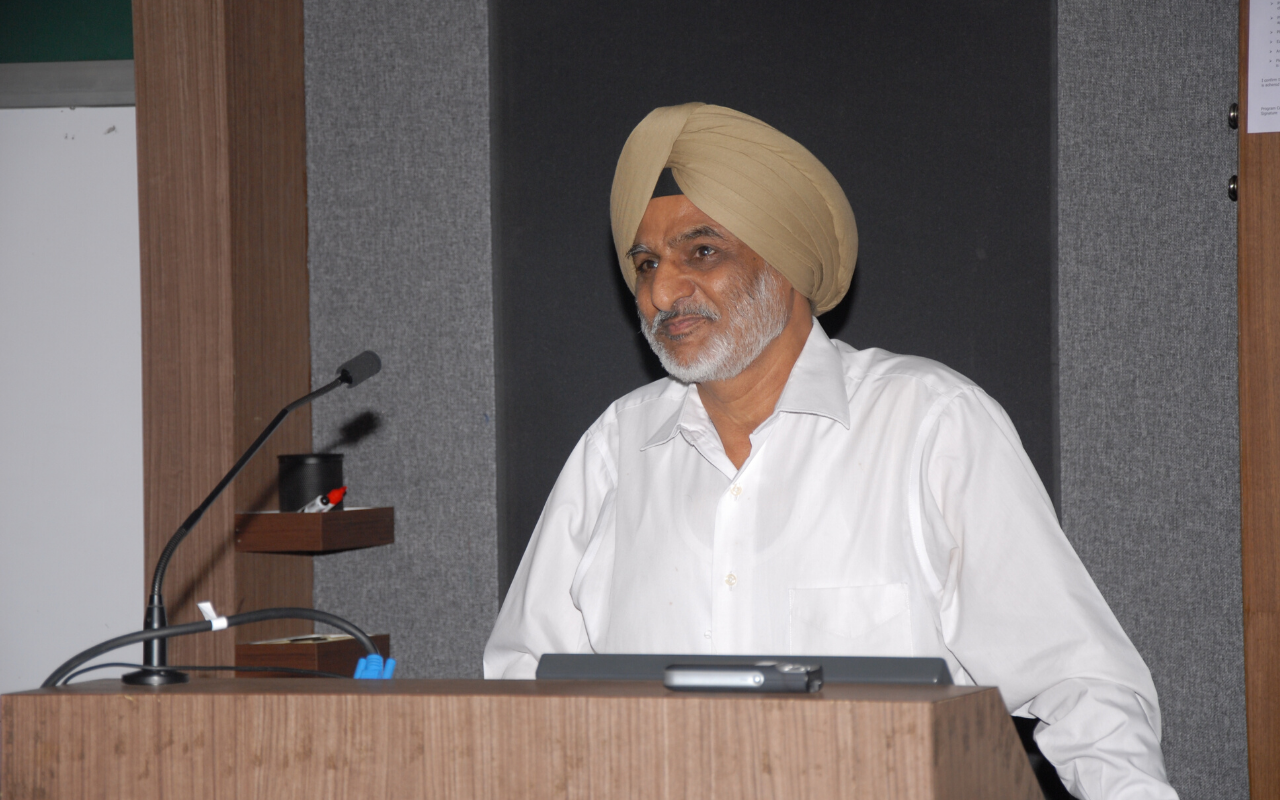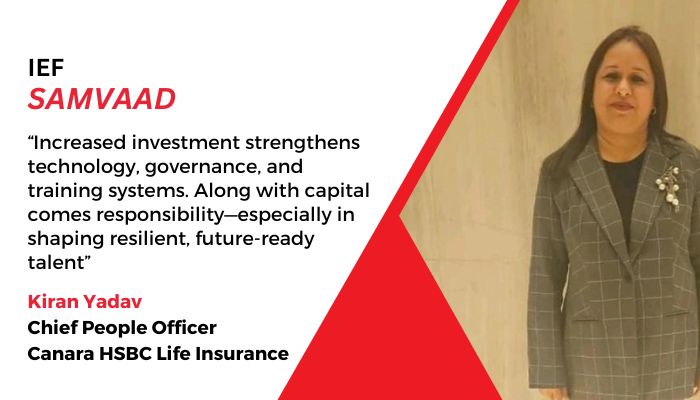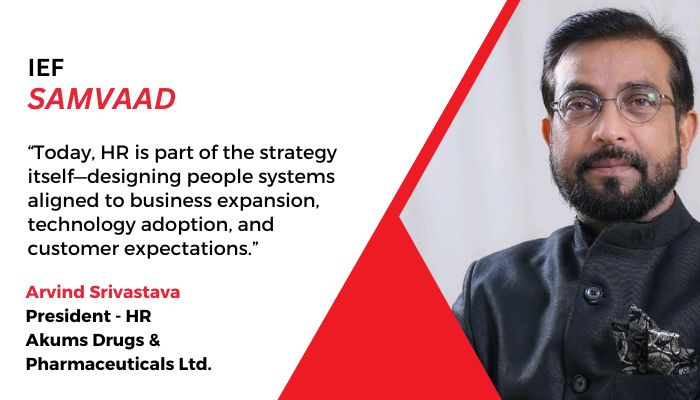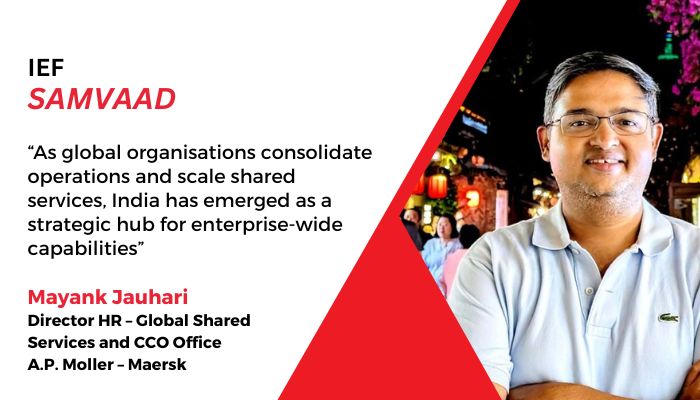Dr K S Bhoon, Head HR and Business Excellence, RDC Concrete (India) Pvt Ltd., is of the view that jobs will continue to evolve and it is the people who have to constantly learn, unlearn and relearn
Q. Please tell us something about yourself.
I joined Indian Army in 1969 and was commissioned in 1970. While I was a Brigadier, I decided to pursue other interests and proceeded on premature retirement in 2002. I was appointed Director of Ashok Leyland Management Development Centre at Hosur in 2002. In this assignment, I had two key contributions, development and putting into practice a new model for sustainable talent pipeline through campus acquisitions and conceptualization and operationalization of Ashok Leyland Virtual Campus. These are now permanent features there. In 2008, I left Ashok Leyland and joined ACC Concrete Limited. Here, as Chief People Officer, we turned around a loss making subsidiary into a model profit-making business, essentially through OD interventions and people initiatives. In 2016, I along with CEO of that company joined RDC Concrete, part of True North LLP (a Rs 20,000 Crore PE Fund). In three years, we have grown at 38% CAGR, again through alignment of “People” Strategy with business strategy.
Q. How important is deep domain expertise for HR professionals?
I see HR as general management, not HR alone. Any “deep domain knowledge” leads to silo mentality and will be acquired at the cost of broader business knowledge. An HR Leader should have noteworthy business knowledge of the domain the professional is associated with to be able to offer value proposition to that business. I have seen HR professional having deep domain unable to connect with management because they viewed most business critical imperatives with one narrow vision binocular. But it does not mean that domain expertise is not important. It is but he/she need not be an expert.
Q. What’s been your success mantra?
Passion for anything you do. Passion feeds success and success feeds into passion again. These two are building blocks of career and business, which are inseparably linked for individuals, teams and companies. While most other competencies are amenable to development, passion is more hard wired. But it can be developed through perseverance and perspiration which gives results, thus kindling passion and reinforcing it. For this, I rely on younger blood that can be moulded to develop passion for almost anything!
Q. How can HR help create world class organizations in today’s context of evolving world of jobs?
Jobs have been evolving and will keep going that way because change is the only constant. It is the people who have to constantly learn, unlearn and relearn. People will always remain central to the success of any organization and we will continue to discover people who evolve and evolve fast. People evolve technology and technology evolves people. It is almost automated provided someone provides the leader as a catalyst between the two. HR needs to constantly evolve and discover new ways to develop new skill sets and align job roles and people competencies.
You might also be interested to read: ‘Mega Global HR Trends Are Catering To Two Simultaneous Big Bangs’
Q. In context of the future of work, what new roles do you see emerging in the HR function?
HR leadership will become generalist but with a strong focus on business finance and HR Analytics. Analytics specialization in Human Resources is current and will grow in the future. We can expect significant transformation in learning and development role where content developers and blended learning HR experts will be in great demand. In a recent study, it was found that all stress either originates from work or lands at the work. An employee spends around 75% of his “awake” hours at work. Anxiety and stress at work are increasingly becoming a challenge. Job insecurity feeds into it even strongly. Therefore, full-time emotional counsellors will become part of HR.
Q. How should HR professionals prepare themselves to remain relevant?
Firstly, an HR professional should understand business dynamics and blend these dynamics into HR systems providing people solutions, even before business dynamics comes to play, positively or negatively. We are revising our HR manual every year and new manual becomes more comprehensive and aligned to business and changing environment than the previous one. HR professionals should spend 20% of their time ideating and initiating, rather than solving day-to-day issues, which sometimes amounts to dousing the fire. We have to prevent fire. Dousing it will cause a lot of collateral damage. Trailblazers will succeed. Copycats will find it difficult.
Q. What’s your view on the mega global trends in HR?
I can see the following:
- Performance management: It will move towards constant self-appraisal supported by Artificial Intelligence. Some of the inputs will feed in automatically. Role of assessors and reviewer’s will become less overbearing. But managing by objectives will not go away as predicted by some. Results will always drive HR as well as business.
- Teams rewards versus individual reward will be the norm. Collective leadership will be more common than today.
- Group think assessments will be preferred over individual assessments. It is well known that people modify behavior when in a group because of transparency of actions. We still know little about group behavior.
- Use of social media to acquire, assess and groom talent.
- Age will become less relevant at work. Those who do not evolve may face job risk at younger age and will find it difficult to get re-employment. Conversely, more and more people in the 60s and 70s will have regular employment as they remain relevant. New insight into managing this conundrum will be needed by HR professionals
Q. How important is talent management in today’s brick & mortar organizations?
Well, it is and will remain ever after. That is not the issue. Sometimes back, there used to be a trend called “War for talent”. There actually never was a war for talent, as new talent could be groomed much more easily than earlier due to digitization and automation. It is easy to replace a senior manager with assistant manager now. In fact, it is more rewarding. Therefore, managing talent translates to managing leadership talent, where there is high demand supply gap. Importing leaders is risky. Developing leaders past the age of 35 (an arbitrary figure), is challenging. Retaining them is even more daunting. In brick and mortar companies, there is an added challenge of finding the right fit. Field jobs are being detested by a large majority. Therefore, catching them young and molding their psyche with culture is relatively easier.
Q. How should leaders be developed?
In the Army we used the term, “Baptism by Fire”. In business too it is relevant. While training programs will help to a limited extent, identifying leadership potential, baptising with fire by putting them in exigent appointments and situations while supporting them through coaching and mentoring, constantly, would be the key to development. One who rides the horse will initially fall a few times but will become an accomplished horse rider after getting some bruises. This analogy of bruises is eminently applicable to leadership. Anyone scared, will never become a leader. Risk taking ability is the key to leadership. Most emerging leaders need less and less development inputs once they start climbing the ladder and become self-confident. They develop themselves by learning from environment and their own mistakes.
About Dr K S Bhoon
Dr K S Bhoon is the Head HR and Business Excellence, RDC Concrete (India) Pvt Ltd. Earlier, he was the director of Ashok Leyland Management Development Centre at Hosur in 2002. In 2008, he left Ashok Leyland and joined ACC Concrete Limited as the Chief People Officer. Dr Bhoon joined Indian Army in 1969 and was commissioned in 1970. He took a premature retirement in 2002, when he was a Brigadier.






